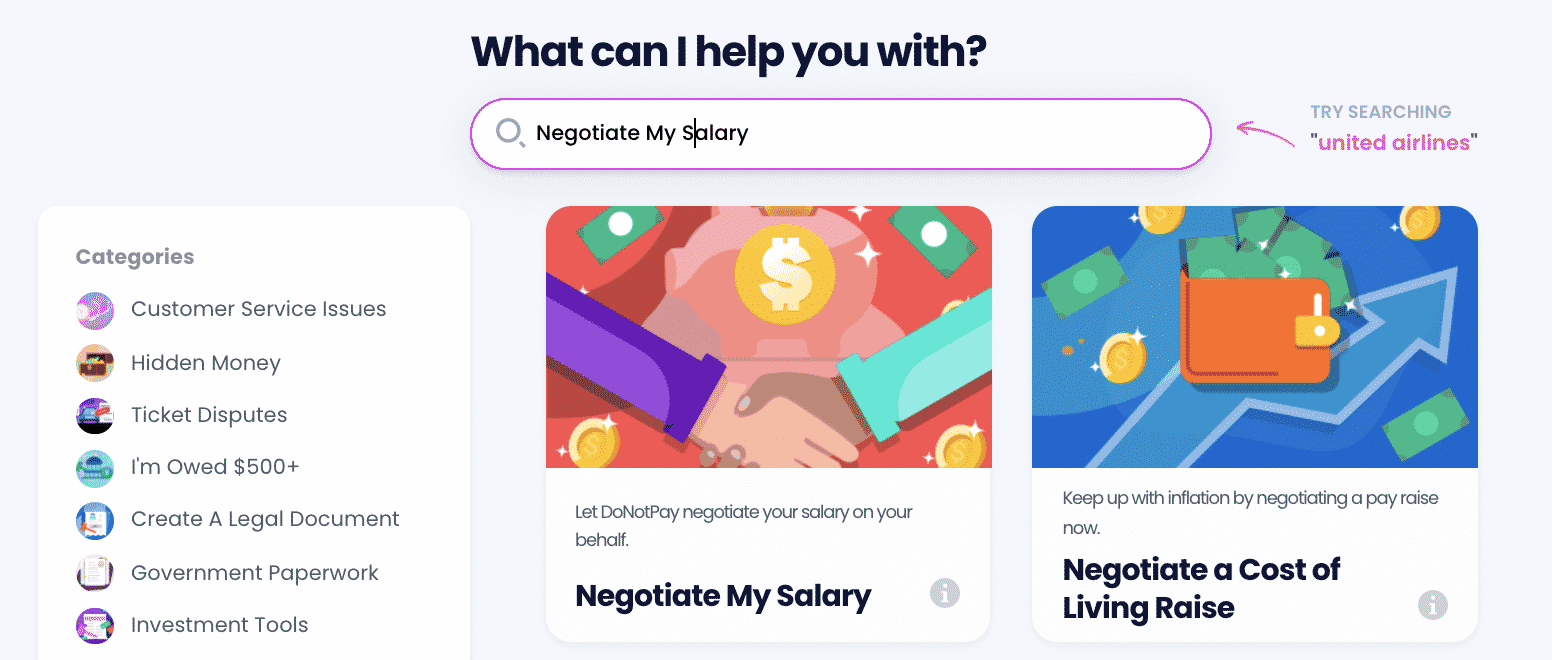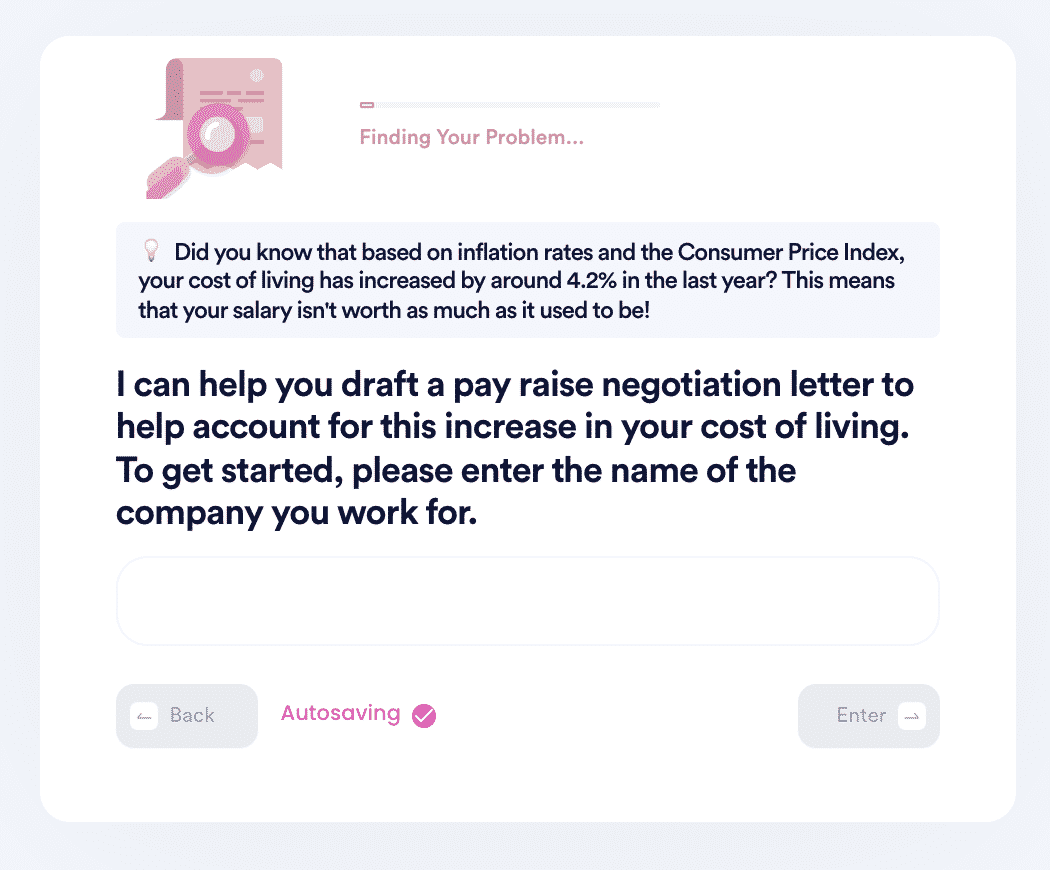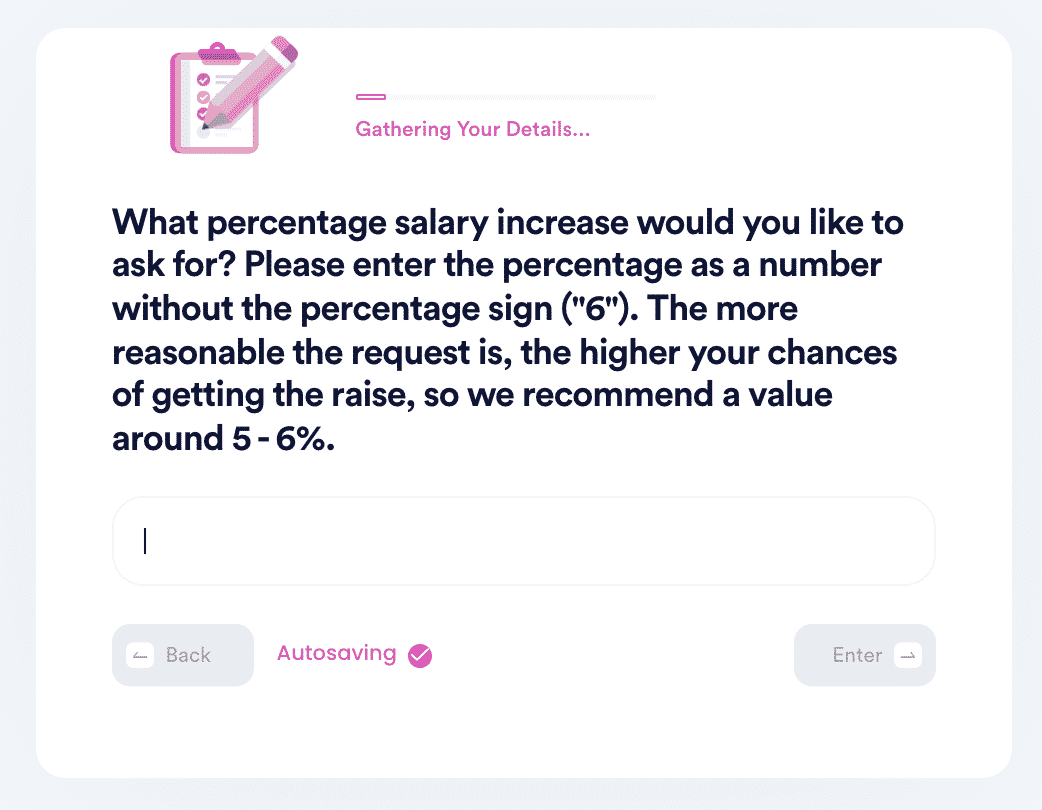How Much Should You Salary Increase Each Year
You have had a central successful performance review on your job over the years, and now you are thinking, how much should your salary increase each year given the exemplary track performance? You feel like you deserve to get a raise. Right? But then, how do you ask for it, or rather when is the best time to ask for a raise? And ? These are some questions that generally trouble you and other employees in the country.
Some who have the guts go for what they want by tabling a request for a salary raise immediately! While some turn tactful and decide to try and negotiate the through. Notwithstanding, these negotiations may often take the form of a simple phone call or email or a wordy face-face meeting justifying your reasons for needing a raise.
However, as much as asking for a raise is fundamental to your personal growth and for your career, the question that stops employees in their tracks is how often should they get a raise? The critical question raises a controversial discussion between the employer and the employee, with the employee side often cowering away for fear of being laid off.
Nevertheless, DoNotPay is here to help you negotiate your salary increase without putting your job in jeopardy. DoNotPay will draft negotiation letters and develop sound, non-provocative arguments that you can use to better your case while negotiating for a raise.
Let's get right into it. Shall we?
Tips on How to Negotiate Your Salary
At some point in your work-life, you may feel like the skills and experience you have gained over the years combined with the added educational level don't mirror your current salary. If this is you, it's time to negotiate for a pay rise. Here is how you can do it:
-
Evaluate What You Are Bringing To The Table
What you are offering your employer is essential in grading your value. A higher value gives you leverage during the negotiations. You will have to consider your years of industry and leadership experience, level of education and expertise, skills, licenses, and career level.
-
Conduct Research on the Average Market Pay
The research will be part of your supporting arguments during the negotiations. The average salary in the market will inform your request and demonstrate to your manager why your raise is perhaps overdue.
-
Prepare Your Field of References
Excellent and effective communication is the key to every successful negotiation. Having yourself prepared talking points ensures that you remain objective, specific, and concise. The last thing you need is to engage in a lengthy conversation that bears no fruit. Consider topics such as your years of experience, specific skill sets, achievements, or the average salary on the job market.
-
Set the Meeting
While negotiating, ensure that confidence is a factored-in trait. Without confidence, however candid and heavy your words might be, it is unlikely your employer will take you seriously. Also, lead with gratitude, and ask for a number higher than your initial target such that, while negotiating, it may come down to a satisfactory level. Do not forget to prepare well for tough questions from your employer during the meeting. Finally, be flexible or be ready to let go if the talk is unsuccessful.
How Often Should You Get a Raise?
Timing is the key to every successful ambition. It would be best to consider asking for a raise at least six months after being employed, or after a year, depending on the company you work for. It will also depend on how often performance reviews are done.
Which Day is Best to Schedule a Salary Negotiation Meeting?
You'd want to do it mostly on a Thursday. Mondays are usually moody, and everybody is on edge, while for Thursday, it is almost the end of the week, and people are already accustomed to the work environment. Your boss is undoubtedly in for a talk, as his schedule might be clear depending on where you work.
Why Should You Get a Raise?
Here are some of the reasons to give your employer:
| Exemplary performance reviews | Efficient work performance may include doing more than the company job profile requires you to | You have obtained new skills beneficial to the company's success |
| You show initiative and are very reliable | Contribute to high sales and revenue | High-quality work |
These are but a scratch of the surface among the many reasons you can give while seeking a raise.
Negotiating For a Salary Increase on Your Own
During a salary negotiation, the best tactic to employ is to discuss with your employer directly. This part outlines how you can negotiate for a pay rise on your own:
- Refer to the average job market salary. It will act as a baseline for the final amount to be decided.
- Cite the salary paid in other job offers. This tactic will mostly work when the company values your input to their success.
- Inflation. An increase in inflation increases your expenses and the consumer price index, which are factors to consider. Generally, .
- Refer to your skills, expertise, and qualifications.
Negotiating For a Salary Increase With the Help of DoNotPay
With DoNotPay, you do not have to spend hours thinking about how to bring forth your case. DoNotPay will increase your chances of having a successful negotiation and getting that pay raise you so desire. All you need to do is;
- Search "negotiate my salary" on DoNotPay.

- Enter the name of your company and the industry you work in, so we can find the right wage statistics for your role.

- Answer a series of questions regarding your qualifications and achievements, relocation expenses, and other job offers if applicable.

- Enter the new base salary you would like to request.

And that's it! Once the information is finalized, DoNotPay will generate an official salary negotiation letter that you can then email or present to your employer.
DoNotPay Can Help You Achieve So Much More
Aside from , DoNotPay also offers a wide range of solutions tailored just for you. Other services and products include:
- Helping you reduce your property taxes
- Easily cancel your subscription
- Help you fight any form of workplace discrimination
- Quickly get chargebacks and refunds
- Send Demand Letters To anyone in a small claims court
and let DoNotPay help you put money where your value is.
 By
By